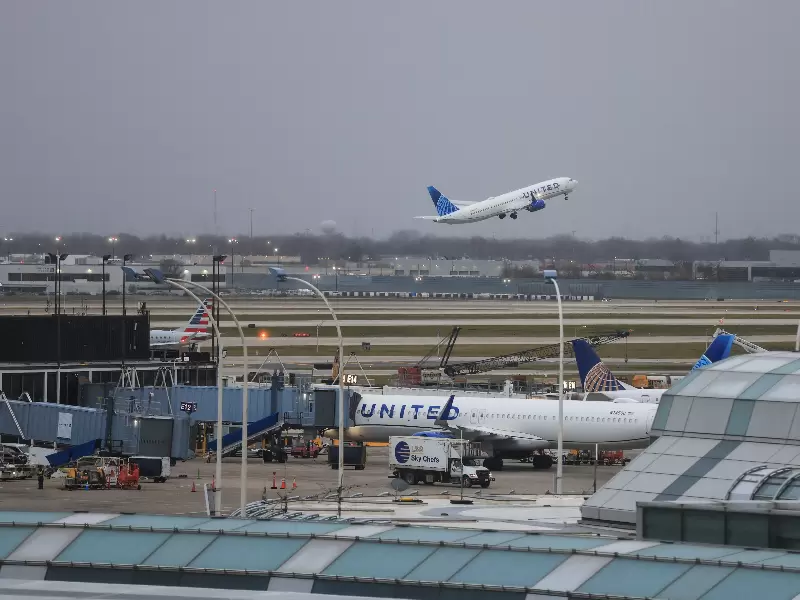Canada advances major reform to citizenship by descent
The reform is expected to impact thousands of families globally, including many of Indian origin.
 Representative image / pexels
Representative image / pexels
Canada on Nov. 21 took a key step toward modernising its citizenship-by-descent framework, after federal legislation aimed at restoring fairness and clarity to the process received royal assent.
The reform is expected to impact thousands of families globally, including many of Indian origin.
Also Read: Change in Canada’s study permit rules to benefit Indian students
Bill C-3, An Act to amend the Citizenship Act (2025), will overhaul long-standing provisions that restricted Canadians born or adopted abroad from passing on citizenship to their children born outside the country.
The first-generation limit, introduced in 2009, prevents a Canadian citizen born or adopted abroad from automatically transmitting citizenship to their child born outside Canada.
This rule created significant challenges for internationally mobile families, including Indian-origin Canadians whose children were born overseas.
Under the amendments introduced through Bill C-3, a Canadian parent born or adopted abroad will be able to pass citizenship to a child born or adopted outside Canada once the new law comes into force, provided the parent demonstrates a “substantial connection” to Canada.
The federal government described the legislation as “an important milestone” in making citizenship rules more inclusive while preserving the value of Canadian citizenship.
“Bill C-3 will fix long-standing issues in our citizenship laws and bring fairness to families with children born or adopted abroad. It will provide citizenship to people who were excluded by previous laws, and it will set clear rules for the future that reflect how modern families live. These changes will strengthen and protect Canadian citizenship,” Immigration Minister Lena Metlege Diab said.
The legislative reform follows a December 2023 ruling by the Ontario Superior Court of Justice, which declared portions of the Citizenship Act relating to the first-generation limit unconstitutional.
The federal government did not appeal, stating that the law had produced “unacceptable outcomes” for children of Canadians born abroad.
Don Chapman, founder of the advocacy group Lost Canadians, welcomed the amendments, saying the updated rules better reflect the realities of modern Canadian families whose work and lives often span multiple countries.
The government has stated that Bill C-3 will come into force on a date set by order in council and will be announced publicly. Interim measures introduced after the 2023 court ruling will remain in place until then.
Canada’s broader citizenship framework has undergone multiple revisions since the first Citizenship Act was introduced in 1947. Earlier amendments in 2009 and 2015 restored or granted citizenship to many individuals who had been excluded under older provisions, with about 20,000 people coming forward to confirm their status.
However, the first-generation limit continued to create legal and administrative challenges, leading to renewed calls for reform.
ADVERTISEMENT
ADVERTISEMENT
E Paper
Video




 Malvika Choudhary
Malvika Choudhary




.JPG)








Comments
Start the conversation
Become a member of New India Abroad to start commenting.
Sign Up Now
Already have an account? Login